Inauguration Day

I have been watching with interest the news from America over the past weeks since the Presidential Election and the drama that has unfolded since that moment. From Trump’s allegations that the election was ‘stolen’, to the lawsuits which all came to nothing, to the impeachment by the Senate, and climaxing in the dramatic storming of the Capitol. It is a situation that many could have seen coming over the past four years, a perfect storm if you like, culminating in a stand-off that was never going to end well.
As I watch the members of Senate debate the impeachment of the President for second time, both sides of the house make their arguments, each believing that they are in the right and only too keen to point out the shortcomings of their opponents. In such a position no reconciliation will ever come. To break the impasse created by two opposing factions who believe they are in the right, takes someone to look outside of the political arena to something greater – be that democracy, humanity, or even God.
Unfortunately what we see playing out in the stand off between the Republicans and the Democrats, can all too easily be seen in our own domestic politics, and across our media and social media. We seem to have evolved into a society that takes pot-shots at each other, without recognising our own individual failings and complicity in the current situation. We are all too quick to want to score points, rather than seek the best solution for everyone. In an increasingly individualistic society it is all too easy not to consider the bigger picture – whether that be democracy, humanity or even God.
A previous President, Barack Obama, said these very wise words to some young leaders in October 2019:
“The idea of purity, and that you’re never compromised, and you’re always politically woke – you should get over that quickly….The world is messy. There are ambiguities. People who do really good stuff have flaws. People who you are fighting may love their kids, and share certain things with you.”
He goes on to say: “I do get a sense sometimes now among certain young people, and this is accelerated by social media – there is this sense sometimes of the way of me making changes is to be as judgemental as possible about other people, and that’s enough.
If I tweet or hashtag about how you didn’t do something right or used the wrong verb, then I can sit back and feel pretty good about myself. Did you see how woke I was, I called you out…. That’s not activism. That’s not bringing about change. If all you’re doing is casting stones, you’re probably not going to get that far.”
We only have to look at some of the ‘community’ groups on Facebook, or Tweets on Twitter, to see how true this is, and not just among the young people!
Jesus gave an important lesson about casting the first stone. He also said that we should not judge another person and used the example of removing a speck from someone’s eye without removing the plank from our own. A recognition that even in those days, there were those willing to condemn others without recognising their own much bigger shortcomings.
The intent of the Senate, and the incoming President, seems to be in bringing about unity to the people of America. Sadly, this unity will not be brought about by those who don’t honestly admit their own shortcomings and focus instead solely on the failure of their opposition. It will take someone whose focus is beyond the individual and to what lies outside of the political arena to bring about that unity – whether it be democracy, humanity, or God himself.
God bless America, especially in the days ahead.
As I watch the members of Senate debate the impeachment of the President for second time, both sides of the house make their arguments, each believing that they are in the right and only too keen to point out the shortcomings of their opponents. In such a position no reconciliation will ever come. To break the impasse created by two opposing factions who believe they are in the right, takes someone to look outside of the political arena to something greater – be that democracy, humanity, or even God.
Unfortunately what we see playing out in the stand off between the Republicans and the Democrats, can all too easily be seen in our own domestic politics, and across our media and social media. We seem to have evolved into a society that takes pot-shots at each other, without recognising our own individual failings and complicity in the current situation. We are all too quick to want to score points, rather than seek the best solution for everyone. In an increasingly individualistic society it is all too easy not to consider the bigger picture – whether that be democracy, humanity or even God.
A previous President, Barack Obama, said these very wise words to some young leaders in October 2019:
“The idea of purity, and that you’re never compromised, and you’re always politically woke – you should get over that quickly….The world is messy. There are ambiguities. People who do really good stuff have flaws. People who you are fighting may love their kids, and share certain things with you.”
He goes on to say: “I do get a sense sometimes now among certain young people, and this is accelerated by social media – there is this sense sometimes of the way of me making changes is to be as judgemental as possible about other people, and that’s enough.
If I tweet or hashtag about how you didn’t do something right or used the wrong verb, then I can sit back and feel pretty good about myself. Did you see how woke I was, I called you out…. That’s not activism. That’s not bringing about change. If all you’re doing is casting stones, you’re probably not going to get that far.”
We only have to look at some of the ‘community’ groups on Facebook, or Tweets on Twitter, to see how true this is, and not just among the young people!
Jesus gave an important lesson about casting the first stone. He also said that we should not judge another person and used the example of removing a speck from someone’s eye without removing the plank from our own. A recognition that even in those days, there were those willing to condemn others without recognising their own much bigger shortcomings.
The intent of the Senate, and the incoming President, seems to be in bringing about unity to the people of America. Sadly, this unity will not be brought about by those who don’t honestly admit their own shortcomings and focus instead solely on the failure of their opposition. It will take someone whose focus is beyond the individual and to what lies outside of the political arena to bring about that unity – whether it be democracy, humanity, or God himself.
God bless America, especially in the days ahead.

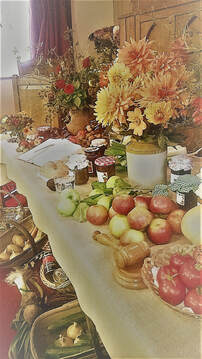

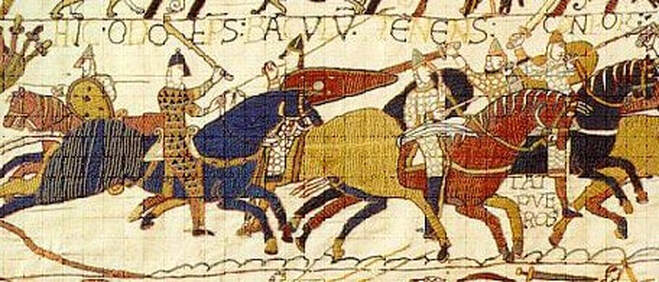
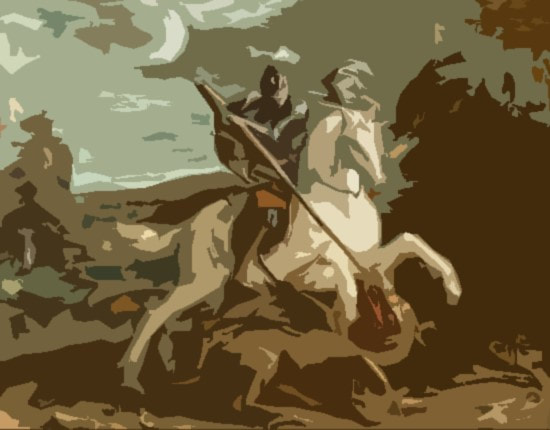

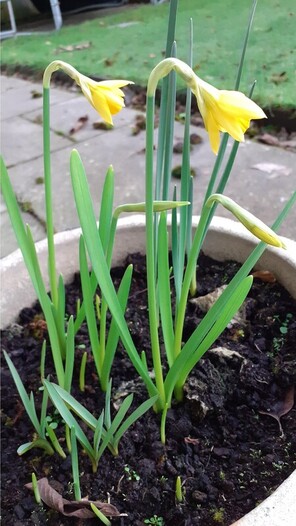
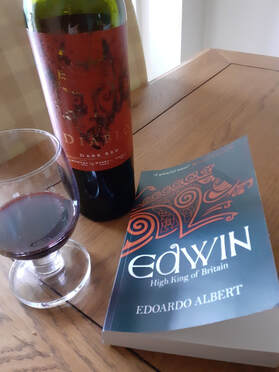

 RSS Feed
RSS Feed